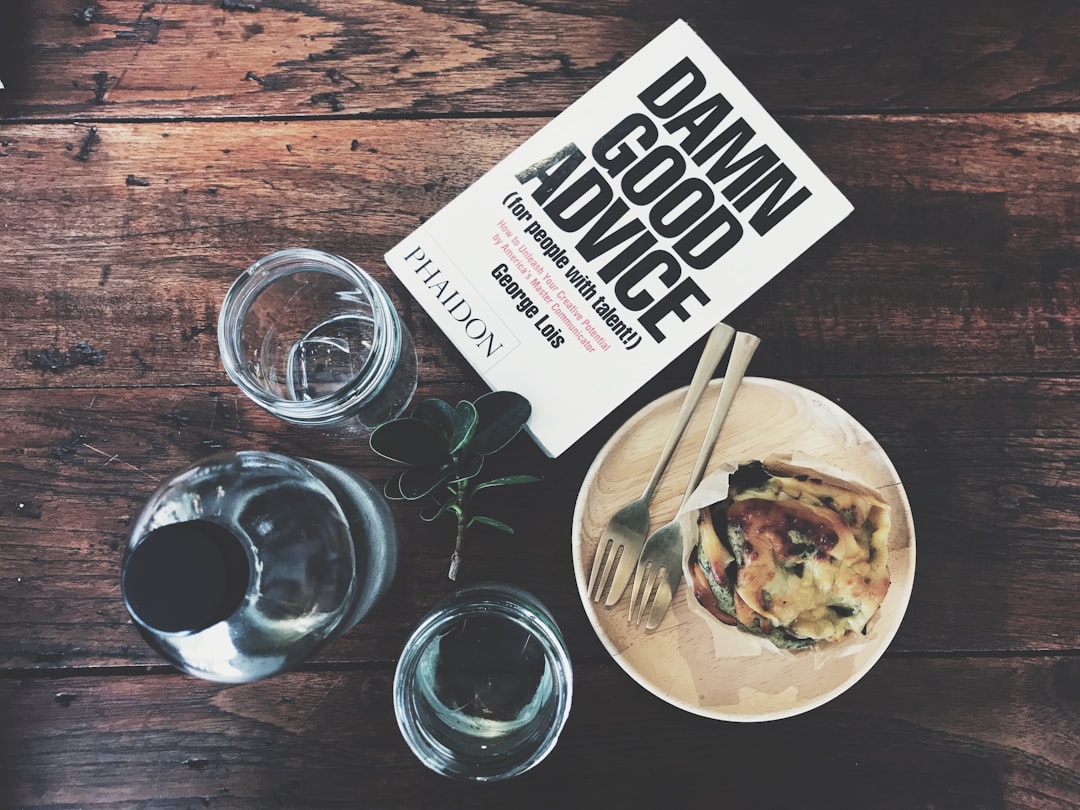As a 20-something adult trying to navigate life, I found myself constantly seeking out advice from the internet. It can be difficult to know where to turn as there is an ocean of options at your disposal. However, no two pieces of internet advice are the same, and many times they are contradictory, which has only served to confuse me more.
Let me explain.
When setting new year resolutions about reading more books, I came across Matt D’Avella’s YouTube video where he talks about building his reading habit. He set out to with a specific goal to read 2 books a month. He details on how being specific keeps you in the flow channel of setting a goal that is not too easy or too difficult.
On the other hand, another youtuber CGP Gray in his YouTube video talks about setting a theme - eg: year of reading - for yourself instead of a specific goal. Setting a broad goal gives you the flexibility to adapt yourself to situations like you realizing that listening to a book is more interesting than reading it.
While both Matt and CGP Gray are great YouTubers, they had opposing answers for me, and this contradiction is not unique to them. When I turned to the internet for writing advice, I read many blogs and took different courses.
Ship30 course taught me to niche down on a topic and write atomic essays on twitter. When I took Write of Passage, it taught me about finding my personal monopoly and writing thoughtful essays on my own website. They both taught about how to write on the internet but had very different approaches.
I could go on about other1 examples2 but you get the point.
Whenever people dish out advice, it is based on their journey and experiences from their life.
Taking advice from the internet is like asking the directions to go to New York City. But Matt knows how to get there from Sydney, Australia and CGP Gray know how to get there from Raleigh, North Carolina. Even though both of them know how to get there, each would take a different routes. One via a plane, one via a car. But eventually, both can tell you how to get to NYC.
Whenever you seek advice about a problem in life. No one is going to roll the red carpet on the path that is correct for you. They won’t tell you the exact answer for your problem. Because your problem is unique to you. You have to follow an advice that works for you.
You have to figure out how to go to NYC from Austin. Because you don’t live in Sydney or Raleigh.
But no matter how many YouTube videos you watch, articles you read, nothing matters if you don’t act on the advice. Doesn’t matter if you accept the advice or ignore it. If you accept it, follow it though. If your reject it, that is okay too. But don’t reject it as an excuse to take any action.
In my search for the perfect tool, perfect system, perfect mentor for my writing. I never wrote an essay. I would always blame it on the lack of motivation. Don’t be like me.
Ultimately, seeking advice can be a valuable way to gain perspective and guidance. Don't rely on an advice blindly, but rather as a way to weigh your options and make informed choices for your situation. The most important thing is to act upon the advice.

Dunning-Kruger effect vs Imposter Syndrome: People overestimate their skills vs people don’t value their skills enough.
Digital writing on an existing platform vs writing on your personal website: Flywheel effect of existing platforms vs building your identity on the internet.
Writing for yourself vs writing for your audience.
Building Habits vs Building Routines.
Pen in mightier than the sword vs action speaks louder than words.
In How to Live by Derek Sivers, each chapter has advice that is contradicting the answer in the previous chapter. It is a self-help book without the bulky fluff.
In the chapter, Chasing Future. He says.
Live in the world of tomorrow.
Surround yourself with only with what’s brand new and upcoming.
That’s where life is made.
It’s the most optimistic environment, full of hope and promises.
In the next chapter, he talks about valuing only that has endured.
Live in the past
Watch the greatest movies of all time.
Read the classics.
Listen to the legends.
These things have lasted because they work so well.
Time is the best filter.
But every time you read the book it is a different experience because you relate to every paragraph with a different frame of mind.
I am intrigued by your reference to “ LIFE”. Do 20 something really turn to the internet for everything?
As a 50 something, I love the loads of information on the web to help me at work as well as personal decisions. When buying a car, majority of my research is online. But being the first generation of internet savvy professionals, i still take it with a grain of salt and explore offline or more high touch channels.
But when it comes to answers about “life”, my 50 something mind tends to travel inward and high touch experience while still indulging in a healthy bit of online browsing for experiential anecdotes. Well that’s me !
But your article did raise a curiosity about 20 something’s? Why are they searching for answers on going about “life” ? What kind of questions do they have? Do they tend to default to the internet as the be all? Have the questions changed from one generation to another?